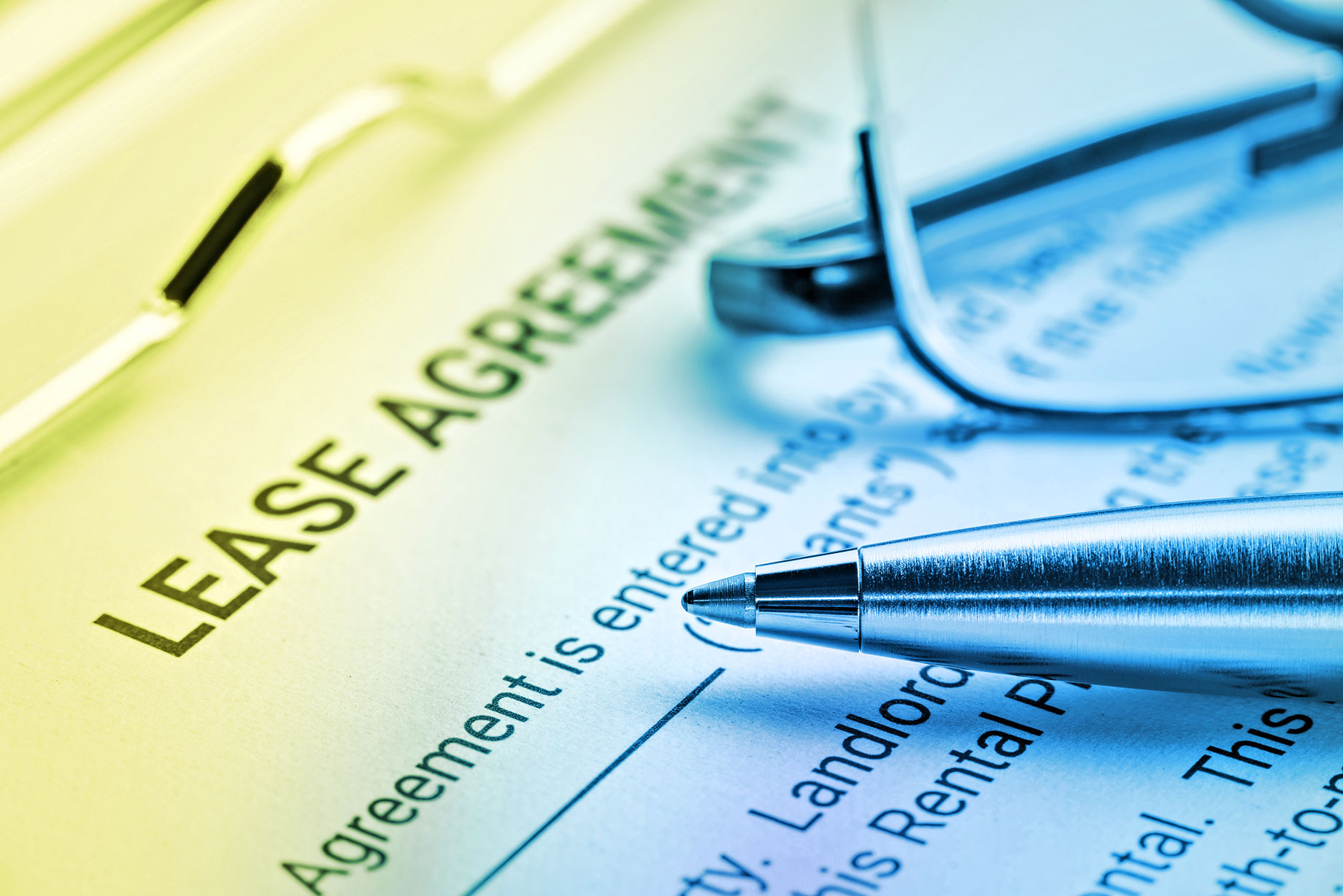
Signing a lease means way more than just agreeing to pay rent every month. It’s a legally binding contract that spells out both your rights and your obligations as a tenant, and honestly, there’s probably more to it than you realize.
If you’ve ever looked at a sample lease agreement California landlords use, you’ll notice it includes detailed terms covering everything from property upkeep to how much notice you need to give before moving out. Some of these clauses can be pretty confusing if you’re not familiar with rental law.
Knowing what’s actually in your lease and what state law says about your role as a renter can help you avoid legal trouble and ensure your landlord treats you fairly. Here’s what every California tenant should understand before and after signing a lease.
Your Right to a Habitable Living Space
California law guarantees tenants the right to a safe and livable home, and this is called the “implied warranty of habitability.” This isn’t just a nice suggestion, it’s a legal requirement that your landlord has to follow.
That means you’re entitled to working heat, plumbing, and electricity, no major leaks or pest infestations, and safe stairways and entry points. These aren’t luxuries, they’re basic requirements for any rental property.
If your unit is not habitable, you may have the right to withhold rent or make repairs and deduct the cost, though there are legal limitations on how this works. Always notify the landlord in writing and document the issue with photos first. Don’t just stop paying rent without following proper procedures.
Your Responsibility to Pay Rent on Time
Rent is due on the exact date agreed to in your lease, which is usually the first of the month. This seems obvious, but it’s amazing how many tenants think they have wiggle room when they don’t.
There is no legally required grace period in California, though some landlords may offer one in their lease. Don’t assume you have extra time unless it’s specifically written down.
Failing to pay rent on time can result in late fees if they’re disclosed in the lease, a 3-day notice to pay or quit, and potential eviction proceedings that can mess up your credit and rental history for years.
If you’re having trouble paying, communicate with your landlord early. They’re not required to negotiate with you, but some may offer payment plans or other options if you’re upfront about the situation.
Security Deposit Rules That Protect You
Landlords can’t just charge whatever they want for security deposits. They can’t charge more than 2 months’ rent for an unfurnished unit or 3 months’ rent for a furnished one. If they’re asking for more, that’s illegal.
As a tenant, you have specific rights regarding your deposit. You’re entitled to a written receipt if you paid in cash, an itemized statement of deductions if any money is withheld, and the return of your deposit within 21 days of move-out.
Here’s something many tenants don’t know: you’re also entitled to a pre-move-out inspection if you request it. This gives you a chance to fix issues and potentially reduce deductions from your deposit. Take advantage of this.
Following Property Rules Without Being a Pushover
Tenants must follow the terms of the lease, including occupancy limits, noise restrictions, pet policies, and smoking bans. These rules exist for a reason, and violating them can get you evicted.
You’re also responsible for avoiding property damage beyond normal wear and tear and for alerting the landlord to maintenance issues early. Don’t let small problems turn into big expensive ones.
Unauthorized guests or long-term visitors may violate occupancy clauses in ways you didn’t expect. Always ask before subletting, even informally, because many leases prohibit it without written permission from the landlord.
Understanding Lease Termination and Eviction Rights
If you’re on a month-to-month agreement, you must give 30 days’ notice before moving out, or 60 days if you’ve been living there over a year. Don’t just assume you can leave whenever you want.
If your lease has a fixed end date, you’re generally expected to stay the full term unless the lease allows for early termination. Breaking a lease early can cost you money and hurt your rental history.
You have important rights during an eviction process. The landlord must serve you a formal legal notice, you have a right to respond or correct the issue, and you can fight the eviction in court if you believe it’s unfair.
Illegal “self-help” evictions like changing locks or cutting off utilities are never allowed in California. If your landlord tries this, they’re breaking the law and you have legal recourse.
Know When to Ask for Help
Don’t be afraid to speak up if something doesn’t seem right. California has strong tenant protection laws, but they only help if you know about them and use them properly.
If you’re unsure about something in your lease or think your landlord is violating your rights, reach out to a local tenant rights organization or legal aid group. They can help you understand your options without charging you expensive legal fees.
Protect Yourself by Staying Informed
A lease agreement defines what you can expect and what’s expected of you as a tenant. Understanding both sides of this equation helps you avoid problems and protects your rights as a renter.
Know the basics: pay rent on time, keep your unit in reasonable condition, and speak up if something’s wrong. When in doubt, get help from people who understand California’s rental laws and can guide you through complicated situations with confidence.